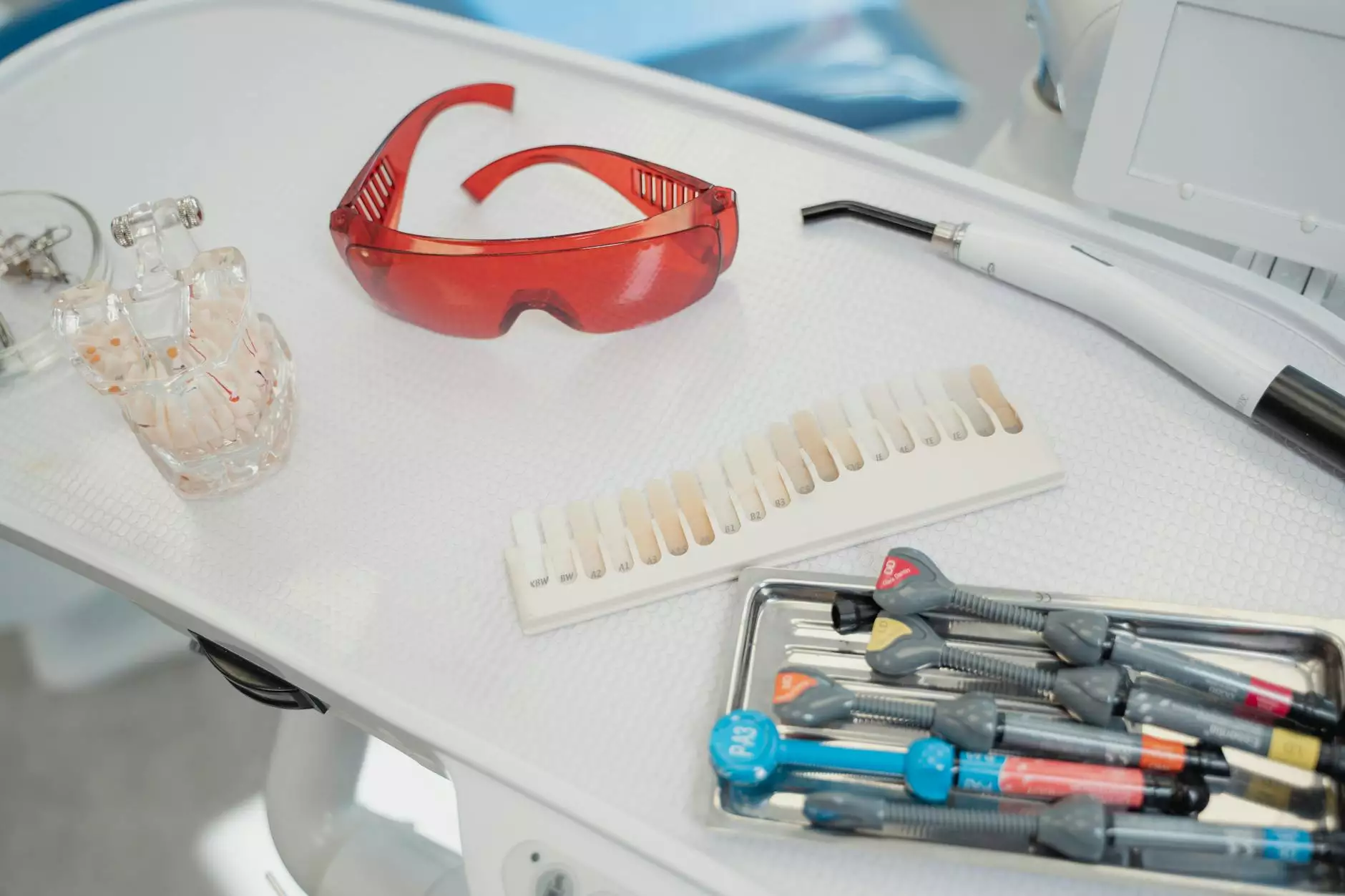Pelvic Congestion Symptoms: Understanding Causes, Diagnosis, and Treatment

Welcome to the Vein Center of Arizona, the leading destination for doctors specializing in vascular medicine. We are dedicated to providing exceptional care and comprehensive treatment options for a range of vascular conditions. In this article, we will explore the symptoms, causes, diagnosis, and treatment options for pelvic congestion syndrome, a condition that can cause significant discomfort and affect the quality of life for many individuals.
What is Pelvic Congestion Syndrome?
Pelvic congestion syndrome, also known as pelvic vein incompetence, is a condition characterized by the presence of varicose veins in the pelvic region. It occurs when the valves in the pelvic veins become weakened or damaged, causing blood to flow backward and pool in the veins. This pooling of blood leads to an increase in pressure and enlargement of the veins, resulting in various symptoms and discomfort.
Pelvic Congestion Symptoms
Pelvic congestion syndrome can present a wide range of symptoms, which may vary in severity from person to person. Some common symptoms include:
- Chronic pelvic pain
- Pain during or after sexual intercourse
- Lower back or abdominal pain
- Increased pain during or after long periods of standing or sitting
- Irregular menstrual cycles
- Unexplained leg pain or swelling
- Varicose veins in the pelvic area or thighs
If you are experiencing any of these symptoms, it is important to consult with a skilled vascular medicine doctor to obtain an accurate diagnosis and explore appropriate treatment options.
Causes of Pelvic Congestion Syndrome
The exact cause of pelvic congestion syndrome is not always clear, but several factors can contribute to its development. Some common causes include:
- Pregnancy: Pregnancy increases the volume of blood in the body, which can put added pressure on the veins and lead to congestion.
- Hormonal changes: Fluctuations in hormone levels, such as those that occur during puberty, pregnancy, or menopause, can weaken vein walls and valves.
- Genetics: Some individuals may have a genetic predisposition to develop weakened veins and valves.
- Prolonged standing or sitting: Occupations or activities that require long periods of standing or sitting can increase the risk of pelvic congestion syndrome.
It is essential to consult with our experienced doctors to determine the underlying cause of your pelvic congestion syndrome and create a personalized treatment plan.
Diagnosis of Pelvic Congestion Syndrome
Diagnosing pelvic congestion syndrome involves a comprehensive evaluation and may require various diagnostic tests, including:
- Ultrasound: An ultrasound can help visualize the pelvic veins and identify any abnormalities or varicose veins.
- Magnetic Resonance Imaging (MRI): An MRI can provide detailed images of the pelvic region, allowing doctors to examine the blood flow and detect any signs of congestion or vein enlargement.
- Computed Tomography (CT) Scan: A CT scan may be used to assist in the diagnosis by providing three-dimensional images of the pelvic area.
Our highly skilled doctors at the Vein Center of Arizona will conduct a thorough evaluation, taking into account your medical history, symptoms, and diagnostic test results, to accurately diagnose your condition.
Treatment Options for Pelvic Congestion Syndrome
Treatment for pelvic congestion syndrome aims to alleviate symptoms, improve quality of life, and reduce the appearance of varicose veins. Depending on the severity of your condition, treatment options may include:
- Conservative Measures: Lifestyle modifications, such as regular exercise, avoiding prolonged standing or sitting, and wearing compression stockings, may help relieve symptoms.
- Minimally Invasive Procedures: Procedures such as embolization, which involves blocking off the abnormal veins to redirect blood flow, may be recommended to alleviate symptoms and improve blood circulation.
- Surgical Options: In rare cases, surgical intervention may be necessary to remove or repair the affected veins.
The choice of treatment will depend on various factors, including the severity of symptoms, overall health, and personal preferences. Our experienced doctors will guide you through the available treatment options and recommend the most suitable approach for your individual needs.
Expert Care at Vein Center of Arizona
At the Vein Center of Arizona, our team of highly skilled doctors specializes in vascular medicine and is dedicated to providing expert care for patients with pelvic congestion syndrome and other vascular conditions. We strive to offer personalized treatment plans, utilizing the latest advancements in medical technology, to improve your symptoms and enhance your overall well-being.
If you are experiencing symptoms of pelvic congestion syndrome or have concerns about your vascular health, we encourage you to schedule a consultation with our experienced doctors at the Vein Center of Arizona. Our compassionate team is committed to helping you find relief and regain control of your life.
Contact us today at (insert phone number) or visit our website at www.veincenterofarizona.com to learn more about our services and schedule an appointment.









